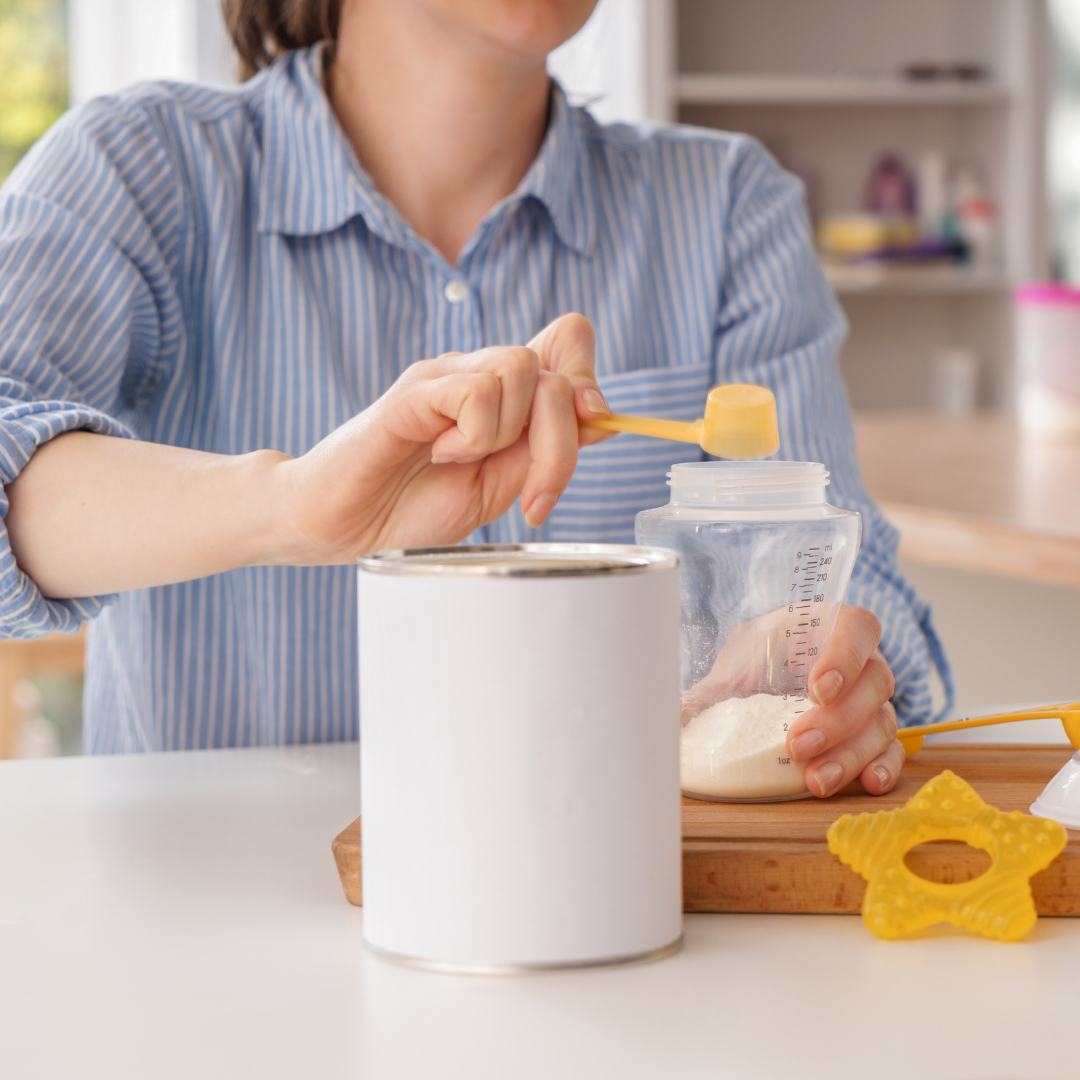We have all heard how important nutrition is for a baby from as early as the infancy period to ensure optimal growth, overall health, and development in general. To reach the full potential, we must make sure we provide only the very best, purest nutrients – rich with vitamins, minerals, and also some of the oils. As parents, we always want the best for our babies – all the above sounds somewhat natural, but the real question is, how to differentiate good from the bad?
Early Development of a Baby
It is being said, that the first two years of life are most critical. The way we can make sure our baby is on the right track (growth, development) is to provide optimal feeding. Clearly, the best way is to breastfeed your baby, but that also means you have to take really good care of your nutrition. Sometimes, breastfeeding is not an option (one reason or another) and we need to find an alternative: baby formulas. There are literally hundreds if not thousands of different options to choose from – I am not going to blame you if it seems too much. Taking care of a baby is a full-time job already and trying to find some extra time to do the research on all the brands and their products can be either a challenge or rather impossible.
What to Look For in a Baby Formula?

First and foremost, I know that baby formula (especially the high-quality ones) can be quite expensive. The way I look at it is like an investment. We need to spend a little more early on to make sure we are not going to face health conditions or other problems that are going to cost way more (both, financially and emotionally).
Now, let’s actually talk specifically about baby formulas and what to look for. One thing for me is certain – it needs to be organic. Given the modern world and agriculture, all the chemicals (pesticides, herbicides, fungicides, etc.) sprayed on our food is just crazy. It does not just stop there, when we talk about milk products (cheeses, yogurts, sour cream, milk, baby formulas), non-organic practices do not care about anything but higher production and profit margins. All the antibiotics used on the animals, all the synthetic fertilizers, and other chemicals sprayed on the fields where animals live and eat. That’s the sad truth.
When the baby formula is organic, it means that the ingredients are sourced in much healthier and also humane ways and standards. Animals are more vital and happier and the same can be said for us, in a long term.
When it comes to organic baby formulas, I just can’t get past this – I trust European manufacturers. Very briefly, EU organic baby formulas are free from pesticides (even at the residue level), hormones and antibiotics, no added GMO ingredients, no synthetic chemicals, preservatives or additives, zero heavy metals. Does this convince you? Unfortunately, we are not able to say the same things as above for the U.S. manufacturers, mainly because of our F.D.A regulations are by far less controlled and supervised (every month we can read or hear about another organic farm being a fraud).
EU farms, where the milk is sourced is either labeled as “Biodynamic”, “Demeter” or “Bioland”, meaning that those formulas contain at least 95% ingredients from organic origin. Furthermore, those farms are rather holistic and eco-friendly (starting with the soil production and maintenance and ending up with husbandry: social aspects, their health, and happiness.
Conclusion
When you are looking for high-quality nutrition for your baby that is similar to breastmilk – opt for European organic baby formula. They have a lot of experience, the EU controls the agriculture farms more strictly and the EU has done way more research on baby formulas to make sure everything is safe for you and your baby. To wrap this all up: Your Baby is Worth It!



